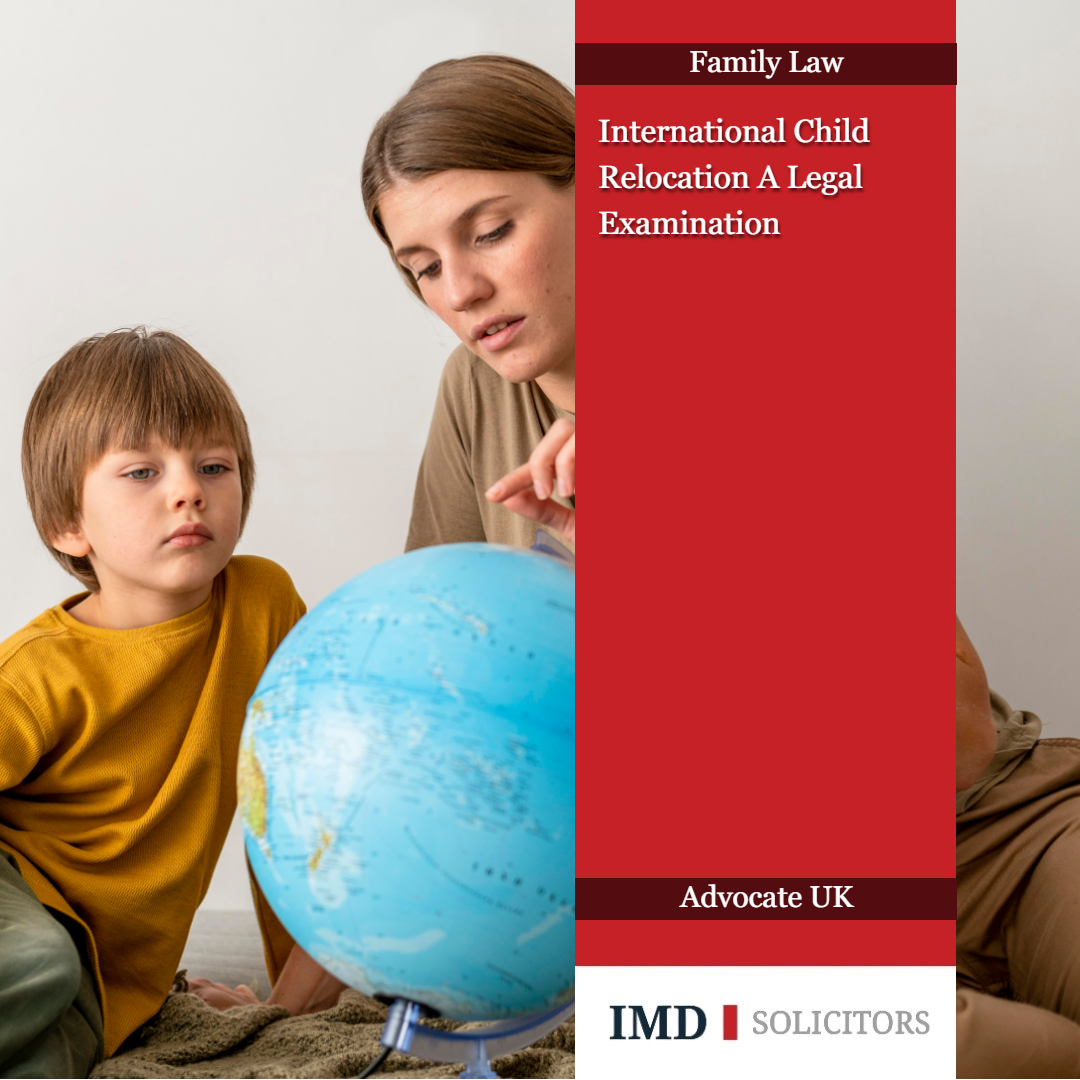
This case study examines an international child relocation matter, finalized with a favourable outcome for our client, a Polish national father. The core issue revolved around the father’s desire to move back to Poland with his young daughter, post-separation from the child’s mother, also a Polish national. Both parents had been residing in the UK for several years, where their daughter was born.
Post-separation, the father’s primary concern was the well-being of his daughter, amid the mother’s deteriorating behaviour. The mother’s actions, potentially caused by postnatal depression (though unconfirmed), involved neglect and potential risk to the child due to substance abuse. Local authority safeguarding checks and assessments by CAFCAS (Children and Family Court Advisory and Support Service) were initiated to determine the mother’s suitability for childcare.
Initially, the father, without legal representation, secured a ‘live with order’ from the court, granting him primary care of the child. The mother was granted supervised visitation rights, contingent on her behavioural improvement. However, the mother did not engage in visitation, leading the father to decide on relocating with the child to Poland. This necessitated legal intervention due to the mother’s parental responsibility and her opposition to the move.
Our firm, IMD Solicitors LLP, was instructed to represent the father in this relocation case. The legal strategy hinged on demonstrating that relocation was in the child’s best interests. This involved a detailed analysis of the father’s living conditions in Poland, including accommodation, schooling, employment prospects, and support network. Additionally, we proposed potential future contact arrangements between the child and the mother.
Parental responsibility laws played a significant role. In the UK, mothers have automatic parental responsibility. Fathers acquire it if named on the birth certificate or if married to the mother at the child’s birth. Both parents having parental responsibility implies joint decision-making rights, encompassing the child’s residence, education, and other significant life aspects. Consequently, a parent cannot unilaterally relocate a child abroad without the other’s consent or court permission.
Our submission to the court required a specific issue order, arguing for the father’s permission to permanently relocate to Poland with the child. We emphasized the father’s preparedness and ability to provide a stable and nurturing environment in Poland. Concurrently, we addressed the potential for future mother-child contact, suggesting that such interaction could be reestablished if the mother’s situation improved.
The court, convinced by our arguments, granted the father permission to relocate with the child to Poland. The decision was based on the child’s best interests, considering the mother’s current circumstances in the UK.
Critical aspects of family law, particularly in international child relocation matters:
This case study illustrates the complexities of international child relocation and the importance of a thorough and child-centric legal approach. The successful outcome for our client was a result of meticulous planning, detailed argumentation, and a deep understanding of family law principles.
This article is for general information only and does not constitute legal or professional advice. Please note that the law may have changed since this article was published.